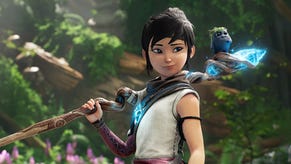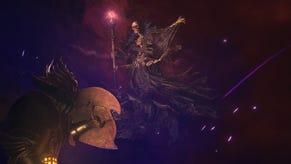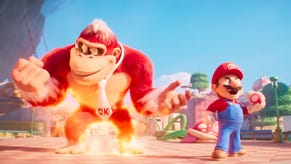Nintendo 3DS anti-piracy tech strong
"One of our best" anti-piracy consoles.
The 3DS will resist piracy better than any other console Nintendo has created.
Nintendo believes the R4 cart problem that dogged the DS in recent years is well and truly behind it as anti-piracy measures take hold.
"I think perhaps there's been a 'heyday of piracy' and we've now seen a lot of rules come in to stop it," Nintendo UK's product manager James Honeywell told CVG.
"There's definitely a step change coming and you see it in various countries around the world. People are aware that video games, music and movies make massive contributions to the economies of countries. They need to make sure they start protecting those things."
In July last year the High Court banned the sale of R4 cartridges in the UK. The case concerned the Copyright Designs and Patents Act 1998, and Nintendo's claim that games were copied into the random access memory of the DS in the course of using the devices.
"Recently there's been some quite significant cases where there were some grey areas as far as IP protection goes," UK general manager David Yarnton said.
"Recently there have been a couple of rulings with R4s where people have been found guilty and had quite significant sentences against them.
"This now makes a precedent that potentially in the future it won't be a viable thing for people to do.
"We can't divulge any technical details on that but needless to say this is probably one of our best pieces of equipment in that respect.
"There are a lot of things we've learnt over time to try and improve the security and protection - not only of our IP but of our third-party publishers' IP as well."
Yesterday UKIE claimed for every one game sold at retail four are pirated. People who play illegal copies of videogames on chipped or modified consoles, UKIE said, cost at least £1.45 billion in lost sales in 2010.








